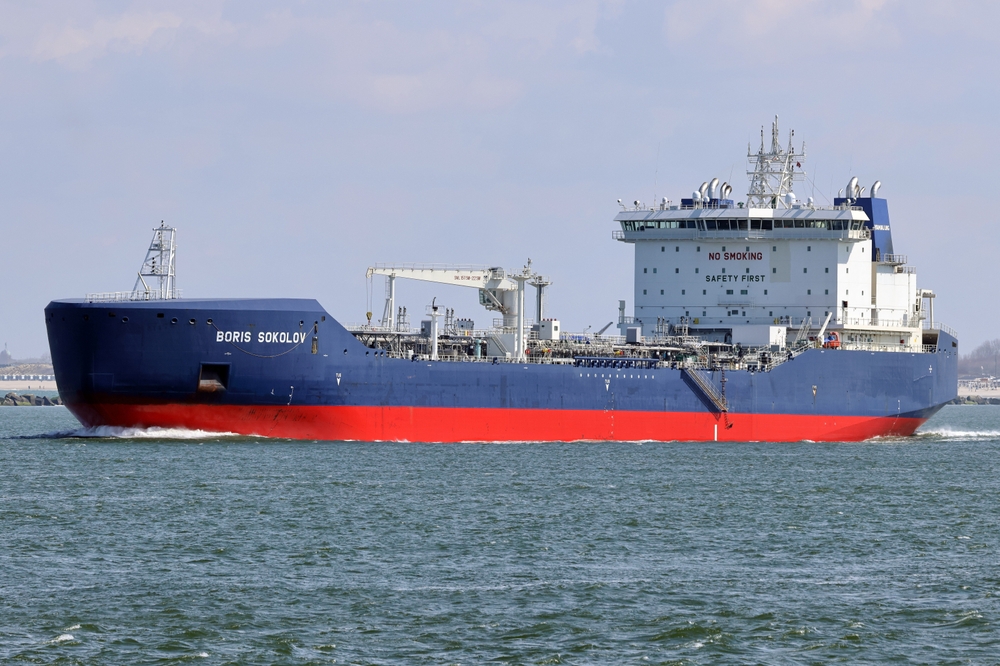The sinking of two Russian oil tankers has raised fears of long-lasting environmental damage.
Others are reading now
Greenpeace has issued a warning after two Russian oil tankers sank in the Kerch Strait on December 15, each carrying around 4,000 tons of fuel oil.
“This spill has the potential to cause serious, long-lasting damage,” said Dr. Paul Johnston, head of Greenpeace Research Laboratories, in a press release.
He explained that if the oil leaks, it could contaminate the water and shoreline for years. Heavy fuel oils, like those likely carried by the tankers, are especially harmful as they are slow to break down and can create thick, sticky pollution.
The two tankers, retrofitted decades ago to meet minimal “river-sea” standards, sank after severe weather hit the area. While Russia claims there was no significant damage, Greenpeace warns the situation could worsen as the tankers deteriorate underwater.
Also read
This isn’t the first time an oil spill has wreaked havoc in the Black Sea region. Back in 2007, a Russian tanker accident spilled 1,200 tons of oil, causing severe environmental damage that took over a year to clean up. With nearly ten times that amount on board these tankers, the stakes are much higher this time.
“If the oil reaches the shore, cleaning it up will be extremely challenging and costly,” Johnston added.
Mounting Environmental Costs
According to the Kyiv Independent, this latest incident is yet another blow to a region already battered by environmental crises.
Russia’s ongoing invasion of Ukraine has caused massive ecological destruction—floods from the Nova Kakhovka Dam collapse, raging forest fires, and destroyed farmlands.
A June report from Ukraine’s Environment Ministry estimated greenhouse gas emissions from the war alone have caused $32 billion in damage, with the total environmental toll likely in the hundreds of billions.








